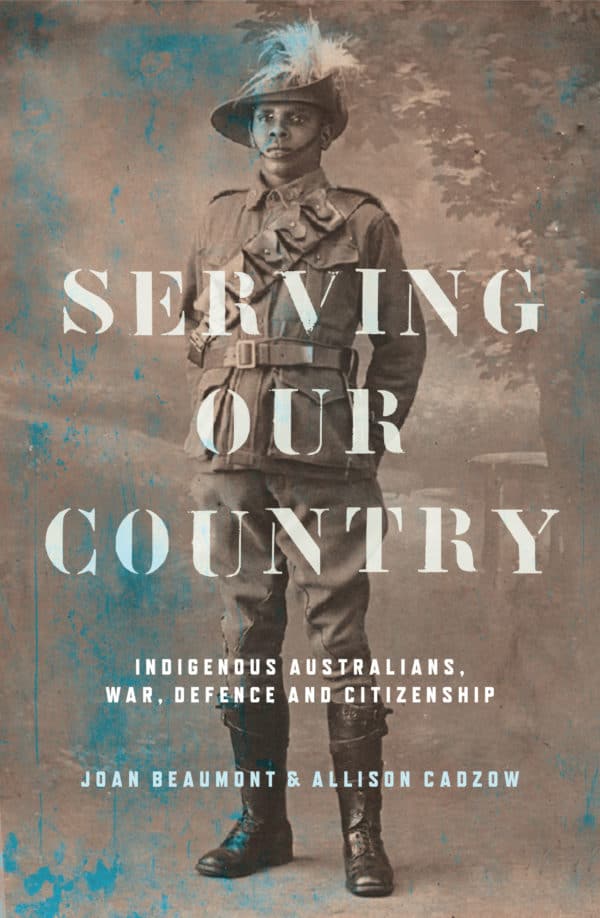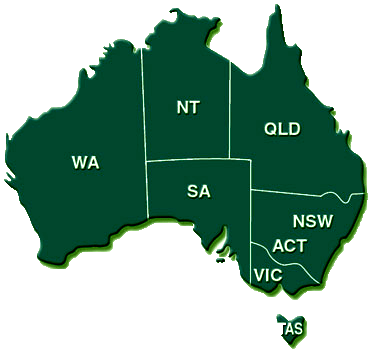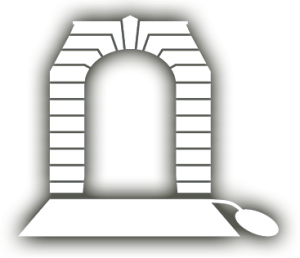IN recognition of National Reconciliation Week, Minister for Veterans’ Affairs Darren Chester has highlighted new research offering fresh insights into the personal experiences and challenges of Indigenous Australians during the First World War.

Mr Chester said National Reconciliation Week was an opportunity to reflect on the contribution of Indigenous men and women to military service throughout a Century of Service and shine a light on the unique challenges experienced by Indigenous soldiers returning from the First World War.
 “Indigenous Australians have served our nation in wars, conflicts and peacekeeping operations since the Boer War in South Africa from 1899–1902. It’s estimated that at least 1,000 Indigenous Australians served in the First World War, despite regulations that discouraged their enlistment,” Mr Chester said.
“Indigenous Australians have served our nation in wars, conflicts and peacekeeping operations since the Boer War in South Africa from 1899–1902. It’s estimated that at least 1,000 Indigenous Australians served in the First World War, despite regulations that discouraged their enlistment,” Mr Chester said.
“Indigenous men were excluded from military service in Australia until May 1917 and popular thinking is that most enlisted after this date. But new research undertaken by Indigenous historian professor John Maynard and Indigenous academic Mick Dodson suggests that the majority of Aboriginal soldiers enlisted from 1914 to 1916.
“Latest research has found that these soldiers were ‘inventive and proactive’ in finding ways to sign up. They moved to enlist from areas where they felt there was greater support for Indigenous people and they took on other racial identities such as South Sea Islander or Maori.”
The research shows that many Indigenous men encountered ‘official obstruction’ but this did not stop them from serving with courage and pride.
“According to findings, the majority of Indigenous men who volunteered for the Australian Imperial Force stated they were employed as stockmen, labourers, shearers and farmhands. But there were other occupations noted, including oyster merchant, journalist, dental mechanic, clerk and plumber.
“Given they were already employed, income was not a likely reason for joining. The research suggests that Indigenous men most likely signed up for similar varied reasons as non-Indigenous men. Service was an opportunity for travel and adventure and to demonstrate their belief in the war effort and their loyalty to the British Empire.”
For those who served in war, returning to Australian society proved difficult. Based on the research, some never returned to their communities and families, preferring isolation, while others became activists for Aboriginal advancement in the 1920s or re-enlisted in the Second World War.
Reconciliation Week is an opportunity to stop, pause and reflect with gratitude on the service and sacrifice of Indigenous service men and women.
27 May 2018


